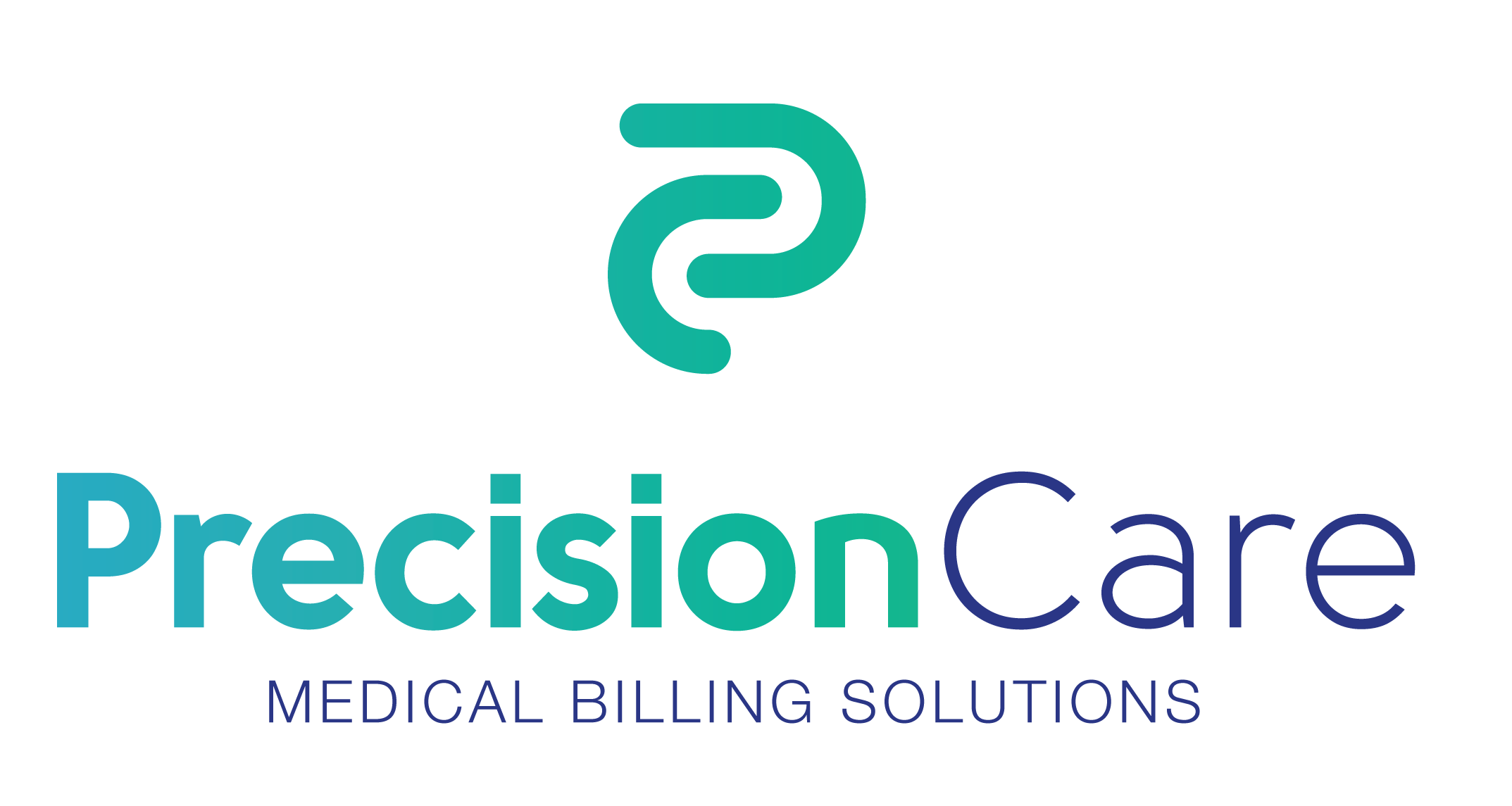The Impact of ICD-10 Coding on Medical Billing
In the healthcare industry, accurate and efficient medical billing plays a crucial role in ensuring that healthcare providers are properly compensated for the services they provide. One of the key factors that contribute to the success of medical billing is the use of accurate diagnosis and procedure codes. The International Classification of Diseases, 10th edition (ICD-10) is a coding system that is used by healthcare providers to accurately code diagnoses and procedures for billing purposes.
The implementation of ICD-10 has had a significant impact on medical billing practices. One of the main benefits of ICD-10 coding is that it provides a more detailed and specific coding system compared to its predecessor, ICD-9. This increased level of specificity allows healthcare providers to accurately code diagnoses and procedures, which in turn leads to more accurate and precise billing. This can help to reduce billing errors and denials, resulting in faster and more efficient reimbursement for healthcare providers.
Another key impact of ICD-10 coding on medical billing is the improved communication between healthcare providers and insurance companies. By using a standardized coding system like ICD-10, healthcare providers can more effectively communicate with insurance companies about the services that were provided to patients. This can help to streamline the billing process and reduce the likelihood of claims being rejected or denied due to coding errors.
One of the areas where ICD-10 has had a significant impact is in patient billing management. Patient billing management is an essential aspect of medical billing that involves accurately capturing and processing patient information, generating statements, and processing payments. With the implementation of ICD-10, healthcare providers are better equipped to accurately code diagnoses and procedures, which can help to improve the accuracy and efficiency of patient billing management.
Additionally, ICD-10 coding has also had a positive impact on revenue cycle management for healthcare providers. Revenue cycle management involves managing the financial aspects of a healthcare organization, including patient billing, claims processing, and reimbursement. By using ICD-10 coding, healthcare providers can more accurately capture and document the services that were provided to patients, which can lead to faster reimbursement and improved cash flow.
In conclusion, the impact of ICD-10 coding on medical billing has been significant. By providing a more detailed and specific coding system, ICD-10 has helped to improve the accuracy and efficiency of medical billing practices. This has had a positive impact on patient billing management, revenue cycle management, and overall reimbursement for healthcare providers. As the healthcare industry continues to evolve, the use of accurate diagnosis and procedure coding will remain essential for ensuring that healthcare providers are properly compensated for the services they provide.
——————-
Visit us for more details:
PrecisionCare Medical Billing Solutions
https://www.precisioncaremedicalbilling.com/
Bothell, United States
Empowering Medical Practices with Billing Confidence.
Unlock the potential for increased revenue and streamlined billing processes with Precision Care Medical Billing. Say goodbye to headaches and hello to optimized billing solutions. Explore our services today at precisioncaremedicalbilling.com.
Precise Medical Billing Solutions:
Revenue Cycle Mgmt (RCM), Claim Denial Management, Soft Medical Collection. Accurate Claim Coding

